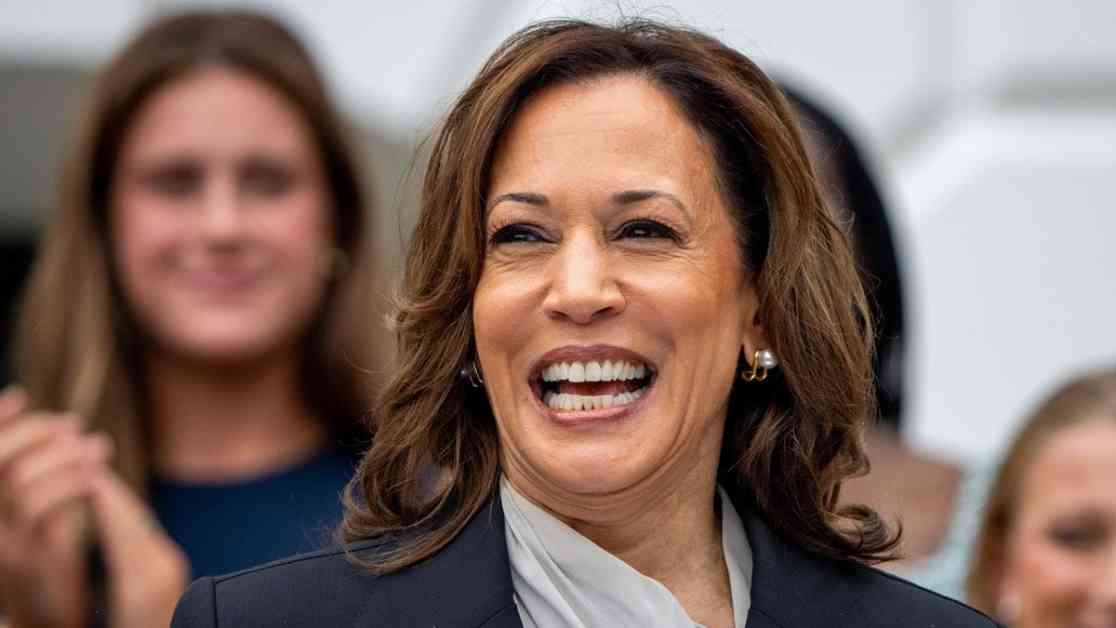What a whirlwind of events in the political landscape. After President Biden’s announcement not to seek re-election and Vice President Kamala Harris emerging as the presumptive nominee for Democrats, the focus shifted to how her administration would approach crypto regulation. The crypto industry, which has been defensive against hostile regulatory measures, is now looking to Harris for a fresh perspective.
While there were rumors of Harris attending the Bitcoin 2024 Conference, it was later confirmed that she would not be able to make it due to logistical constraints. However, the fact that her team was considering it shows that the crypto industry is on her campaign’s radar. This presents an opportunity for Harris to engage with the crypto community and address their concerns about the current administration’s anti-crypto policies.
Under President Biden, cryptocurrency regulation has been enforcement-heavy, influenced by Senator Elizabeth Warren’s skepticism of the industry. This approach has hindered the growth of the crypto market and stifled innovation. In contrast, Vice President Harris has a more moderate stance on technology regulation, emphasizing a balance between regulation and innovation.
With the potential for a Harris administration, there is hope for a shift in crypto policy. Mark Cuban’s remarks about Harris’s team asking crypto-related questions, coupled with her past openness to innovation and discussions of appearing at the Bitcoin 2024 Conference, indicate a possible change in approach under her leadership.
To pave the way for a more inclusive and innovative digital asset economy, here are ten policy shifts that could redefine the Democratic party’s stance on crypto under a Harris presidency:
1. Clarify Securities Laws for Innovation
2. Update Banking Regulations for Crypto Integration
3. Reform Tax Policies to Support the Digital Economy
4. Enhance Consumer Protection Laws
5. Develop Robust Privacy Laws for Individual Data Protection
6. Integrate Cryptocurrency and Blockchain Education
7. Allocate Federal Funds for Blockchain R&D
8. Promote DeFi Platforms for Financial Inclusion
9. Form Public-Private Partnerships for Public Good
10. Harmonize International Crypto Regulations
By implementing these initiatives, the Harris administration can create a regulatory environment that not only protects investors and fosters innovation but also promotes economic justice and opportunity for all. This vision, termed “New Economy 2025,” aims to harness the transformative potential of blockchain and cryptocurrency to create a more equitable and inclusive financial system.
Crypto should not be a partisan issue, and Harris’s track record of championing technological advancement positions her uniquely to lead the way in embracing the potential of blockchain and cryptocurrency. Moving forward, advocating for regulatory clarity, consumer protections, financial literacy, and global collaboration will be crucial in solidifying the U.S.’s position as a leader in the digital asset economy.
By embracing this reimagined approach, we can democratize access to financial opportunities, empower marginalized communities, and uphold the values of freedom and privacy in the digital age. The future of crypto regulation under a Harris administration holds the promise of a prosperous and inclusive New Economy 2025.

















